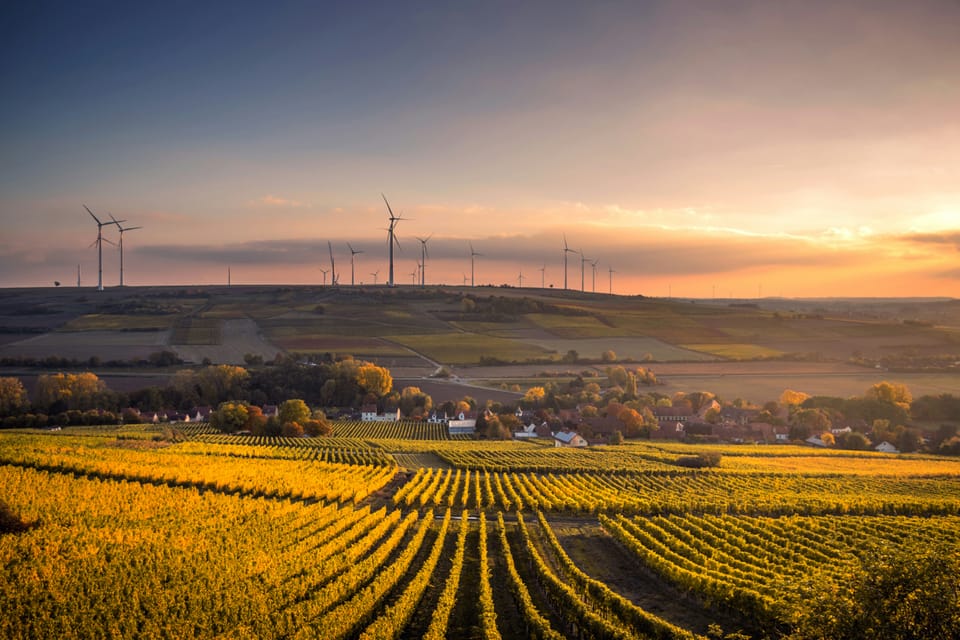Tesco teams up with Natwest to support farmers’ energy transition

UK supermarket Tesco and Natwest bank have joined forces to offer 1,500 farmers within Tesco’s supply chain preferential financing rates to switch to more sustainable energy sources.
Through the scheme, Tesco farmers looking to install solar panels, wind turbines or heat pumps to power their operations will get access to discounted rates on financing provided by Natwest.
The programme is voluntary and will initially apply to suppliers in Tesco’s Sustainable Farming Groups for beef, lamb and dairy, connecting them to the supermarket’s preferred renewable suppliers to enable volume discounts on clean energy equipment including solar panels, wind turbines, biomass boilers, LED lighting, battery storage and combined heat and power systems.
It comes after a survey of Tesco’s Sustainable Farming Groups revealed that half of farmers want to adopt greener energy, but lack the funds to do so. Tesco and Natwest are open to expanding the scheme to more than the 1,500 initial farmers in the future, depending on the popularity of this pilot.
Tesco Group’s Chief Commercial Officer Ashwin Prasad explained: “We know a lot of our farmers are looking at ways to reduce costs on farm and move to renewable sources of energy at the same time, which is why we’re delighted to be partnering with NatWest in offering our green finance initiative.”
A tried and tested solution to cut supply chain emissions
Other retailers have implemented similar sustainable supply chain finance programmes to support their suppliers’ decarbonisation – and therefore reduce their own Scope 3 footprint.
In 2021, Walmart introduced preferred payment conditions for suppliers that set a science-based target, working with HSBC and CDP on the scheme. This green finance initiative helped the world’s largest retailer avoid one gigatonne of carbon emissions in its supply chain between 2017 and 2024.
Tesco got new science-based targets approved in August 2023, including two separate goals for Scope 3: a 55% emissions reduction for energy and industrial emissions and 39% reduction for forest, land and agriculture (FLAG) emissions, both by 2032.
Because its funding programme applies to farmers’ energy transition, it will primarily support the achievement of the first of these two Scope 3 goals: energy and industrial emissions.
“The initiative will provide our farmers with the confidence to invest in sustainable farming methods and infrastructure, while also helping us meet our target of reaching net zero across our supply chain by 2050,” added Prasad.
The programme will also contribute to Natwest’s pledge to provide £100 billion of climate and sustainable funding and financing by the end of 2025.
UK retailers refining Scope 3 targets
Tesco is one of at least three UK retailers to have recently announced new targets based on the Science-Based Targets Initiative’s updated FLAG guidance, which requires companies in sectors such as forest and paper products, food production and processing, food and staples retailing and tobacco to establish FLAG targets in order to comply with its Net Zero Standard.
Co-op recently got its new goals validated by the SBTi, including a 58.8% reduction in energy and industrial Scope 3 emissions and a 42.4% cut in FLAG emissions by 2030. Meanwhile, Sainsbury’s announced last month that it had increased its 2030 Scope 1 and 2 decarbonisation ambition from 50% to 68% and divided its Scope 3 reduction goal into two new objectives: 50.4% for emissions from purchased goods and services, upstream transportation and distribution and use of sold products, and 36.4% for FLAG emissions.







Member discussion